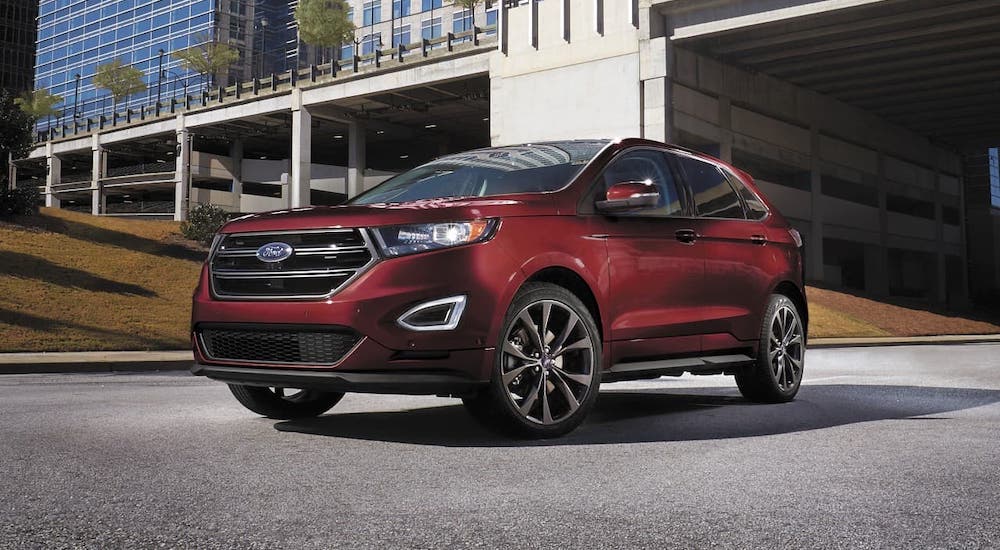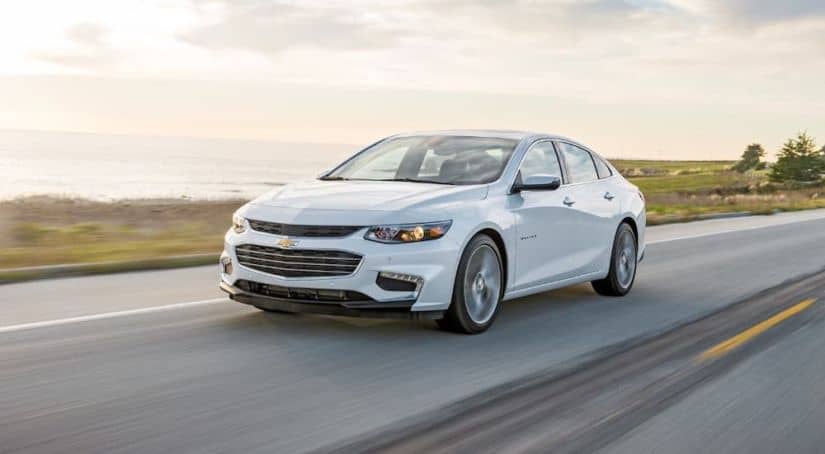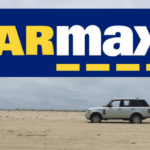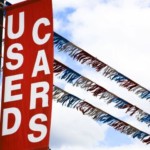We’ve all seen the advertisements on television and streaming on websites showing how you can order a used car online and have it delivered to your doorstep. The ads are real, and the market for these companies is really growing. People are finding out that they can now buy a quality used car without ever having to get up from their couch. All they need to do is log on to one of the websites and start searching used cars. There are makes and models of cars, trucks, and SUVs available at competitive prices, with the online used car dealer willing to transport the vehicle right to your doorstep!
By leveraging the internet, you are able to get a broader search, making it more likely to find the specific vehicle type, make, model, trim, color, and features you desire. Buying online also improves your ability to access a wider variety of rebates, discounts, and prices. Nevertheless, there is one big question raised by buying a used car online, since some of these websites are located out-of-state: How do I buy a car out of state? This is an excellent question since there are many issues raised by out-of-state automotive transactions. The laws governing automobile safety and registration differ from state-to-state.
First, you need to make sure that the person you are buying the car from can get it inspected so that it complies with your state’s laws. This includes emissions regulations, which can be quite onerous in certain states. Second, you need to make sure that the vehicle is legitimate. There is always the problem with buying things online for getting fraudulent or stolen merchandise. This applies to used cars as well, so you will need a complete vehicle identification number (VIN) check and auto history. You need to make sure you don’t get burned.
Third, you have to make arrangements for remote delivery of the used vehicle you just purchased. This includes getting an opportunity to test drive the vehicle and have it independently inspected. Reputable sellers will make clear the terms under which you can get a refund if you are not fully satisfied. Fourth, you need to make sure that the transfer documents comply with your state’s laws. Each state has its own requirements for the sale or transfer of a car. This ties into the next step, which is making sure that you can get the used car registered, including paying any and all applicable taxes. Finally, you will have to work with your insurance company to get the used car added to your policy.
Inspections and Emissions
Each state has its own requirements for automobiles to be considered roadworthy. Many even require specific emissions testing. If you live in a state like New York, Massachusetts, or Arizona, then you probably know what I mean. For example, in New York State, each vehicle must have an annual emissions test performed by a licensed and certified inspector. It is easy for the police to check since you must have a current inspection sticker right next to your registration sticker, right over your vehicle’s VIN on the driver’s side of the front windshield.
Failure to get your vehicle inspected can lead to fines or even having your car impounded. Before you buy the used car from the out-of-state dealer, make sure you know your state’s inspection and emissions requirements. These should be forwarded to the seller so they can get this taken care of before they ship your car. Failure to do this can delay your ability to complete the registration process since the car must be deemed roadworthy first. Many of the larger online used car dealers have a team in place to take care of this, so you don’t have to deal with this hassle.

Auto History
Unfortunately, the world is filled with crooked people who don’t lose sleep over taking advantage of other people. Sadly, many of these villains are in the used car business. If you are buying from someone out-of-state, try to stick with a reputable dealer. Check online reviews to make sure the dealer you are contracting with has a reputation for fair dealing. I understand that sometimes this isn’t the case, and you are dealing with an individual. Nevertheless, even if you are dealing with a dealership, you should get the VIN before you close the deal and make a payment.
First, you are going to need the VIN to get the vehicle registered and added to your insurance. Also, you can use the VIN to check on the vehicle, including if it is, in fact, the used car you are buying by checking with the National Motor Vehicle Title Information System. Some car thieves use fake VINs to sell stolen cars. The National Insurance Crime Bureau provides a VINCheck that will show if the used car has been stolen, is a salvage vehicle, and if the VIN the seller-provided is legitimate. You will also be able to use the VIN to order a vehicle history report from Carfax or AutoCheck. This will provide a chain of title for the vehicle, let you know if it was in any accidents, give you a service report, and other vital information. The good news is that most reputable used car dealers will provide this vehicle history for free as part of the deal. However, if they don’t, then make the deal contingent upon a satisfactory vehicle history.
Remote Delivery
In some cases, the out-of-state seller will arrange to ship the used car to you. This can either be at your home or office, but make sure whichever you decide that there is a place to check out the car before agreeing to take it home. When it arrives, you should do an immediate inspection of the interior and exterior to ensure that the condition of the vehicle is as described by the seller. You should also have an independent mechanic on hand to do a thorough review of the vehicle. Many of the bigger used car dealers will actually arrange for an independent inspection beforehand. Still, you want to make sure that you have a chance to check everything out on the vehicle. Finally, make sure you have a period to test drive the used car after delivery.
Some dealers give you up to three-days or 300 miles to test out the car and will give a full refund if you are not fully satisfied. However, if you are dealing with an individual, you will need to get this worked out ahead of time to make sure if you are not happy, that you can either simply cancel the sale or if you have already paid, get a full refund.
Transfer Documents
The days of simply trading pinks are long gone. These days, you need to make sure that you have the right paperwork for buying a car. This is especially where you are buying a used car from an out-of-state seller. There is a very good chance that their state will have different documents and customs involved in selling a car. Check with your local department of motor vehicles to make sure the papers you are signing comply with your state’s standards. If they are not compliant, this could cause problems with getting the vehicle registered. You do not want to be in a position where you have to go back to the seller to get them to sign new documents after the sale. Sellers tend to be more diligent about signing documents and providing information before the deal is closed.

Registration
Every state has different rules and regulations for the registration of a vehicle. All because the used car you are buying is registered in the seller’s state doesn’t mean you shouldn’t have a problem registering it in your state. Get a copy of the current registration so that you can check with your local motor vehicle department to make sure it will be easily transferable to you. Some states require a temporary registration before issuing a permanent registration. You should also find out what taxes are involved in the purchase of an out-of-state used car. These will need to be paid before the registration can be finalized.
Finally, each state has a different set of documents and information needed to get the used car you just bought registered. Make sure you get all of this from the seller.
Insurance
Any time you buy a car, you should immediately contact your insurance company to let them know about the vehicle. Many insurers have made this easy with websites and mobile apps. Even so, you might want to call the insurance company so they can guide you through the process of adding the used car you just bought to your policy.
Buying a used car from outside your home state raises many issues, but if you follow the guidance above, you should be able to make sure the purchase goes smoothly. In this way, you can spend more time enjoying your next used vehicle and less time dealing with the possible issues of buying a used car from out of state.



